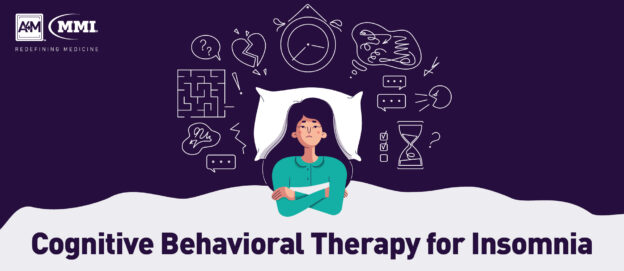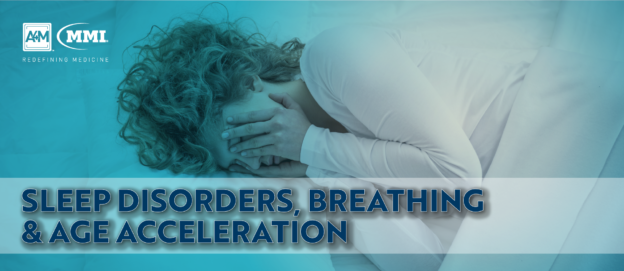The Centers for Disease Control and Prevention have deemed insufficient sleep to be a public health epidemic, as millions of people suffer from lack of sleep and sleep disorders, with related health problems and cognitive impairment. Sleep disorders and sleep hygiene constitute primary reasons for patients seeking medical advice and intervention, as there are over 100 different types and forms of sleep disorders, which range from excessive sleepiness during the daytime to difficulty sleeping at night.
Sahar Swidan, PharmD and Kelly Olson, PhD, have worked in both sleep and pain management for decades, partially due to the huge overlap and comorbidity between sleep and pain, and because of the similar neurochemistry and neurobiology. Olson is Director of Clinical Research & Development at SleepImage, with a Master’s in Science and a PhD in Pharmacology and Therapeutics. Swidan currently serves as President & CEO of Pharmacy Solutions in Ann Arbor, Michigan: a uniquely personal, educational specialty pharmacy; she also acts as Clinical Associate Professor of Pharmacy at the College of Pharmacy of University of Michigan. While Swidan often receives questions regarding sleep hygiene from people who have tried a host of various sleep aids, she also has many patients with pain problems who simultaneously suffer from sleep disorders and are unable to get restful sleep.
Olson has spent the last decade practicing integrative medicine, with a specific focus on molecular neuro-pharmacology. As previous director of research and development for a medical device company that worked with Harvard on new innovations, she found that there was “so much physiology behind impaired sleep that it is almost like an iceberg—we can just see the tip.” Olson has found that sleep is a fairly uncharted territory, which requires more research in order to understand the neuro-circuitry. “It is very unique,” she says, “just like DNA fingerprints—specific to each person.”

Both Olson and Swidan aim to create teaching practices that are rooted in enjoyment, interaction, and practicality. Due to practicing pain management and neurology for over two decades, in addition to the majority of her publications and clinical teachings surrounding pain management, Swidan attempts to teach better ways of treatment—as her students touch ‘thousands of lives.’ Olson is committed to developing practices and protocols that students can immediately implement and integrate into practice: “I mix in the science with applicable clinical relevancy, while presenting case studies from my own experience. Clinicians need to know how to apply the science to their own patients.”
In conjunction with the American Academy of Anti-Aging Medicine (A4M), Swidan and Olson will be holding a Sleep Workshop on July 29th, in West Palm Beach, Florida, covering topics that include the physiology and neurobiology of sleep; the effects of hormones, adrenal, and HPA dysregulation on sleep disorders; techniques that can assist in healthy sleep hygiene; and tools that reset the circadian clock, regulate HPA, and the neuro-endocrine connection. Pamela Hughes, DO, ABFM, FAARM, an expert in functional medicine, will join Swidan and Olson in discussing elements of brain fitness, in addition to patient clinical case studies. Interested physicians or healthcare practitioners can apply here.
“I am against money-based medicine,” says Swidan, who has committed years of research and investigation into both sleep disorders and pain management—particularly the recent global spread of the opioid epidemic, and the connections between sleep hygiene and pain management. “This is a national epidemic; we need to do something at our level and teach our students how to treat this.”



